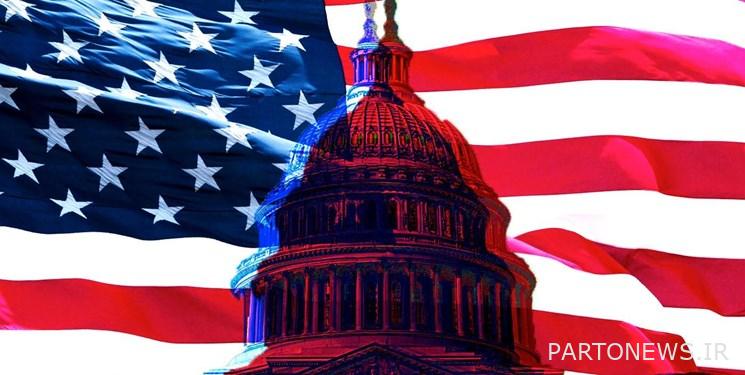US lawmaker outlines plan to boycott arms trade with Iran

According to Fars News Agency’s International Group, two members of the US House of Representatives have presented a bill calling for a boycott of arms exchanges with Iran.
Dan Bacon and Joe Wilson introduced the bill last week, dubbed the Iran Arms Exchange Prevention Act.
The plan calls on the US government to impose sanctions on individuals and entities involved in the transfer of conventional weapons to and from Iran.
“Members of the US Congress may disagree on how to deal with Iran’s nuclear program, but all agree that China and Russia should stop selling weapons to Iran,” Bacon said in a statement.
UN Security Council Resolution 2231, which was ratified by the Security Council and ratified by the Security Council, repealed two other UN Security Council resolutions banning Iran’s arms exchanges.
According to Borjam, the ban on arms exchanges with Iran, which had been imposed on Iran since 2007, was lifted in October 2020.
“Iran’s Arms Transfer Prevention Act is a rational plan that restores these old restrictions by imposing costs on organizations and individuals involved in facilitating arms exchanges with Iran,” Bacon said.
The previous US administration, led by Donald Trump, initially sought to prevent the expiration of arms embargoes against Iran under Resolution 2231.
The United States first passed a resolution on August 16, 2016, calling for the expiration of these sanctions against Iran. The resolution was rejected by 11 abstentions, 2 in favor (US and Dominican Republic) and 2 against (Russia and China).
A few days later (August 20), Washington issued a statement to the then-chairman of the Security Council announcing that it intended to use the provisions of Security Council Resolution 2231 to reinstate all Security Council sanctions against Iran.
In this regard, US Secretary of State Mike Pameo announced on August 20 last year that Washington has officially demanded the return of sanctions against Iran from midnight on September 20, 2016 (September 30) Greenwich Mean Time.
The move was opposed by 13 of the 15 members of the Security Council, who said Washington had withdrawn from the UN Security Council and could not use the terms of the agreement and its resolution (2231) to reinstate sanctions against Iran.
At a meeting of the Security Council on September 25, 2016, in response to a question from the representatives of Russia and China to state their position on the US request to advance the mechanism for the return of sanctions against Iran, the Security Council Chairman stated that Move Washington forward.
A few days later, UN Secretary-General Antonio Guterres issued a similar statement opposing US efforts to reinstate sanctions against Iran.
The main problem that the United States faced in filing such a complaint was that it had withdrawn from the Borjam nuclear deal in May 1397, and this automatically deprived Washington of all its rights to invoke the provisions of this agreement and Resolution 2231 for any follow-up. It was against the parties to the agreement.
The Trump administration later signed an executive order called the “Executive Order Banning Arms Exchanges with Iran” stating that any arms exchanges with Iran would be subject to sanctions.
The administration of new US President Joe Biden withdrew the Trump administration’s claim of lifting UN sanctions against Iran in a letter to the Security Council in March of last year after the failure of all these efforts.
The new US administration, led by Joe Biden, has acknowledged the flaws in Trump’s policy toward Iran and said it intends to return his country to the Security Council-approved agreement, given that the unilateral withdrawal from the Security Council has led to US international isolation.
However, the Biden administration has not yet taken any practical steps to reverse Trump’s policies.
End of message /
You can edit this post
Suggest this for the front page
.

